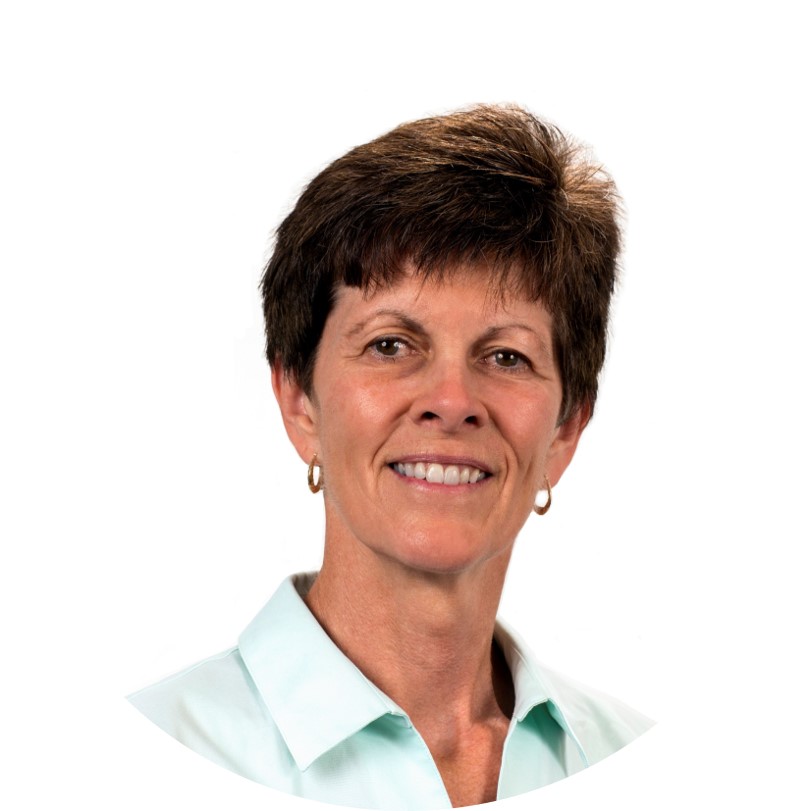
Anne Massey, University of Massachusetts Amherst
Dr. Massey’s research focuses on focuses on how IS and technology can be used to support individual, group, and organizational performance. She is particularly interested in the extent to which technology features and contextual factors affect performance, and under what circumstances. Her recent work has centered on the efficacy of 3D virtual environments as collaboration platforms. She has been the recipient of competitive research grants from the National Science Foundation, Robert Wood Johnson Foundation, Advanced Practices Council of the Society of Information Management, the Center for Innovation Management Studies, as well as foundation grants from several firms. Her research has garnered industry-based support and funding and field work with several companies including Eli Lilly, IBM, and Nortel, among others. Her research has been published in leading journals including Information Systems Research, MIS Quarterly, Academy of Management Journal, Decision Sciences, European Journal of Information Systems, IEEE Transactions on Engineering Management, and the Journal of Management Information Systems, among others.
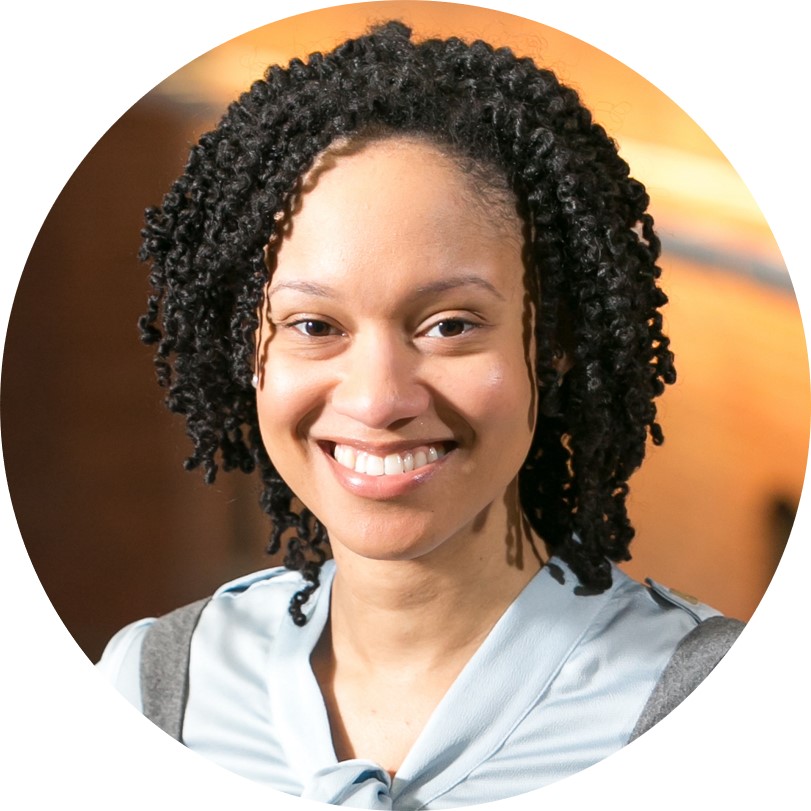
Shannon Roberts, University of Massachusetts Amherst
Shannon C. Roberts is an Assistant Professor in the Mechanical and Industrial Engineering Department and the co-director of the Human Performance Laboratory at the University of Massachusetts Amherst (UMass). Dr. Roberts is a trained Human Factors engineer with experience studying and evaluating the interaction between humans and systems in transportation safety as well as other domains. Within the space of driving automation, her current research is focused on studying how vehicle technology can help or hinder vulnerable drivers, how to better design interfaces and warnings for hazardous road situations, and how automated driving systems may help or hinder underserved populations. Prior to joining UMass, she was a technical staff member at MIT Lincoln Laboratory in the Cyber Analytics and Decisions Systems Group. Dr. Roberts received her PhD and MS in Industrial Engineering from the University of Wisconsin – Madison in 2014 and 2011, respectively, and she received her BS in Mechanical Engineering from MIT in 2009.
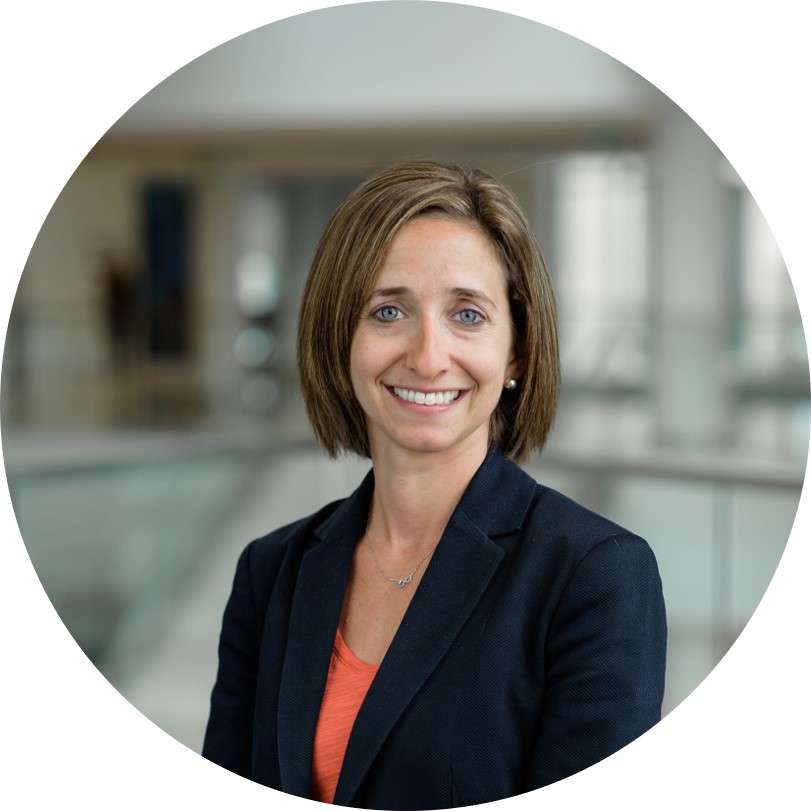
Beth Humberd, Manning School of Business at UMass Lowell
Beth K Humberd, Ph.D., is an expert on issues of worker identity, gender and diversity, relational dynamics in organizations, and the changing nature of work. Her research is published in top academic journals such as Academy of Management Review and MIT Sloan Management Review, and has been featured in the New York Times, Time, Inc.com, Forbes, the Wall Street Journal, and others. She is currently an assistant professor of management at UMass Lowell. Prior to her academic career, she worked in various roles within Corporate Finance and Human Resources at a Boston Scientific Corporation and PricewaterhouseCoopers.
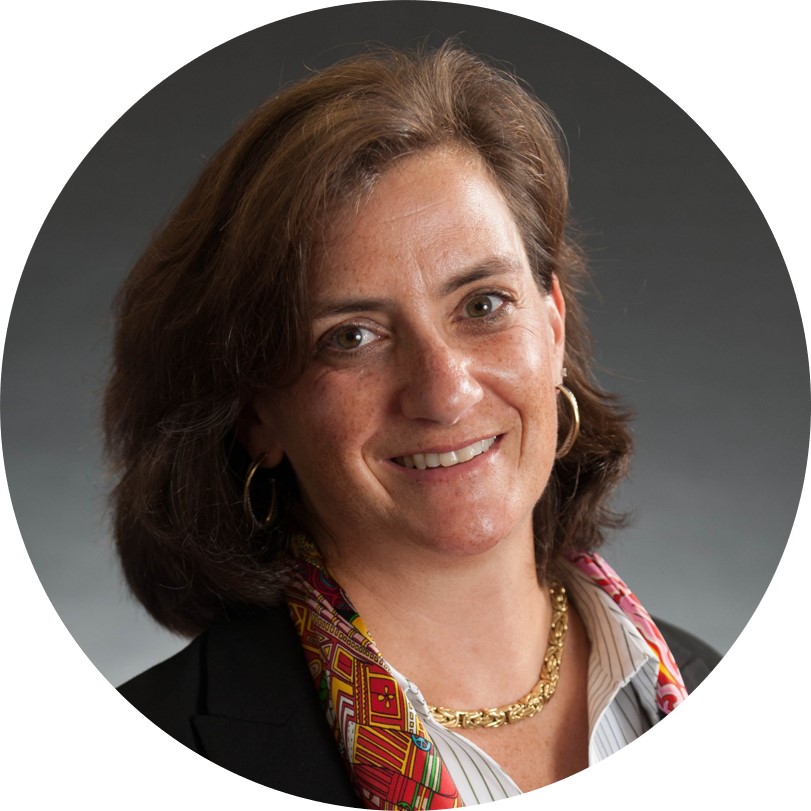
Elizabeth Altman, University of Massachusetts Lowell
Elizabeth J. Altman is an assistant professor at the Manning School of Business, University of Massachusetts Lowell. She was a visiting professor at the United States Military Academy West Point and a visiting scholar at the Harvard Business School. Altman researches strategy, innovation, platforms, ecosystems, and organizational change. Her work has been published in the Harvard Business Review and other internationally recognized journals. Before academia, Altman was a vice president at Motorola. She holds a doctorate in business administration from Harvard, master’s of science degrees in mechanical engineering and management from MIT, and a bachelor’s in mechanical engineering from Cornell.
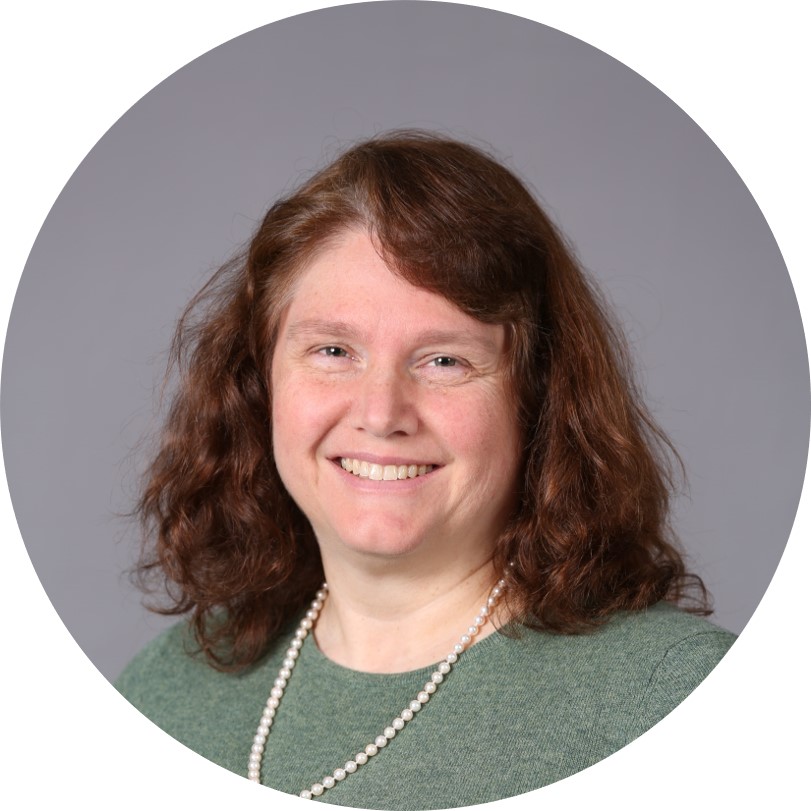
Holly Yanco, UMass Lowell
Dr. Holly Yanco is a Distinguished University Professor, Professor of Computer Science, and Director of the New England Robotics Validation and Experimentation (NERVE) Center at UMass Lowell. Her research interests include human-robot interaction and evaluation methods for robot systems. Yanco’s research has been funded by NSF, including a CAREER Award, ARO, the ARM Institute, DARPA, DOE-EM, NASA, NIST, ONR, Google, Microsoft and Verizon. Yanco is Co-Chair of the Massachusetts Technology Leadership Council’s Robotics Cluster and was Co-Chair of the Steering Committee for the ACM/IEEE Conference on Human-Robot Interaction from 2013-2016. Yanco has a PhD in Computer Science from MIT.
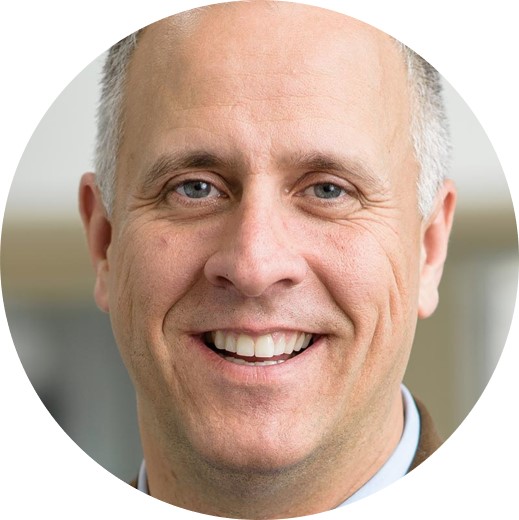
Scott Latham, UMass Lowell
Dr. Scott Latham worked in senior business development roles in the software industry during the .com boom and bust. In 2005, he earned a Ph.D. in strategic management from UMass Amherst. He studies organizational decline, disruption, and innovation; his work has been published in the top journals, including MIT Sloan Management Review and Harvard Business Review. He consults organizations on business model viability, growth, and strategic positioning. He sits on several boards, including Boston Federal Reserve Bank advisory committee on The Future of Work, the Massachusetts Medical Device to Market incubator (M2D2), and the Ethos Veterinary Technology Commercialization Group.
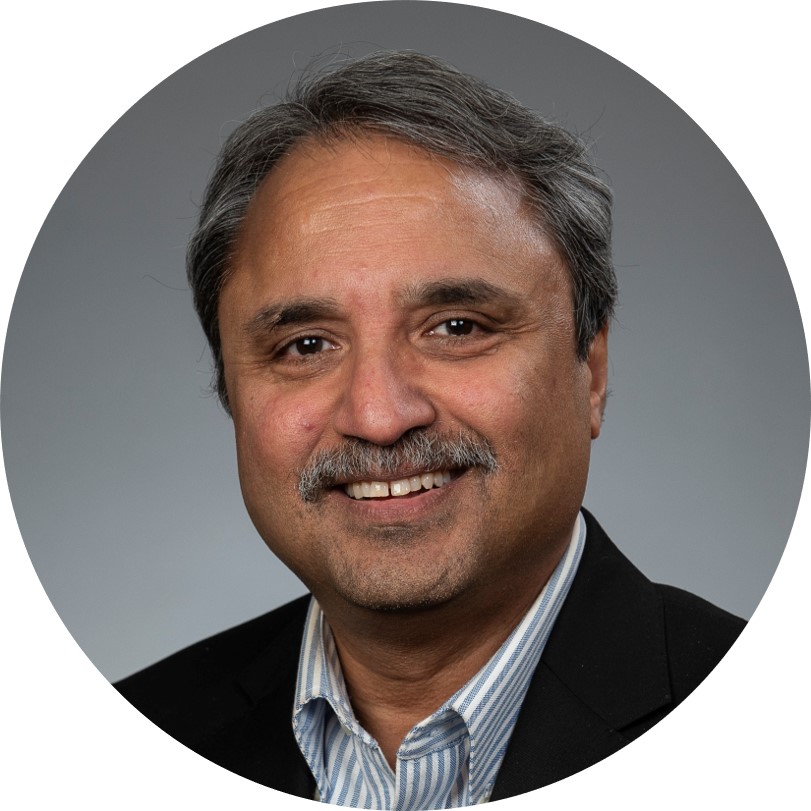
Sundar Krishnamurty, University of Massachusetts Amherst
Dr. Sundar Krishnamurty is a Professor and Department Head in the Department of Mechanical and Industrial Engineering at the University of Massachusetts Amherst. He is a Fellow of American Society of Mechanical Engineers (ASME), Site-Director for the NSF-I/UCRC Center for e-Design, and Associate Director for the Center for Personalized Health Monitoring (CPHM) with the UMass Institute for Applied Life Sciences. His research interests include design innovation, modeling and simulation in design and manufacturing, and engineering knowledge management. In his role as Site Director for e-Design, he collaborates with the Center’s member companies and federal agencies such as Raytheon, PTC, NIST, and FTL Labs and associated university researchers at Penn State, Iowa State, Oregon State, University at Buffalo, and Wayne State. As Associate Director of CPHM, he works with the campus researchers on digital design and advanced manufacturing, with a particular focus on medical device design, personalized healthcare, and biometric monitoring.
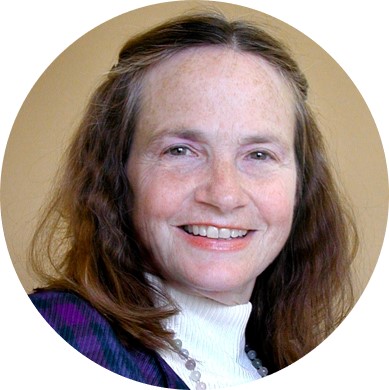
Beverly Woolf, University of Massachusetts, Center for Data Science
Beverly Park Woolf, Ph.D., Ed.D., is a Research Professor in the College of Information and Computer Sciences, UMass-Amherst. She has researched the Workplace of the Future, funded by NSF, and has developed intelligent tutors that model affective and cognitive characteristics. Dr. Woolf has developed tutors that enable users to pass standard exams at a 10-15% higher rate and published the book Building Intelligent Interactive Tutors along with over 250 articles. She is lead author on Roadmap to Education Technology, has delivered keynote addresses, panels and tutorials in more than 25 foreign countries and is a fellow of the Association for the Advancement of Artificial Intelligence.
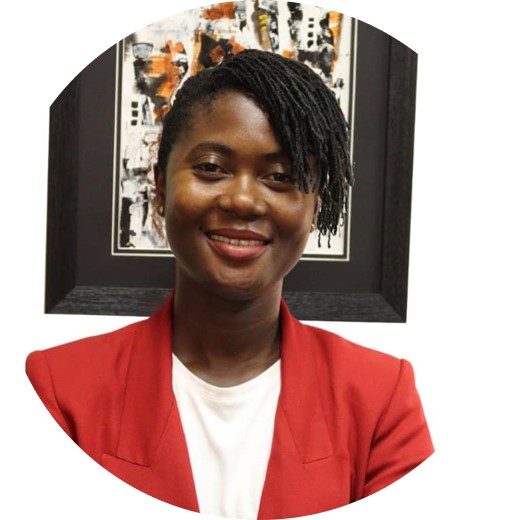
Seyram Avle, University of Massachusetts, Amherst
Seyram Avle is an Assistant Professor in the Department of Communication at the University of Massachusetts, Amherst. Her research is on the situated practices and discourses of digital technology culture and innovation. In particular, she focuses on the various ways that digital technologies are designed, produced, used, and distributed transnationally in the global south, and through collaborations with the global north. This work spans various parts of Africa, China, and the United States. Seyram’s research has been funded by the NSF and ProQuest among others. Her peer reviewed publications can be found in Communication and Information journals as well as in Human Computer Interaction venues such as CHI and CSCW. She received her PhD in Communication Studies from the University of Michigan, followed by a postdoc in the School of Information. Her undergraduate degrees in Economics and English Literature are from Brandeis University.
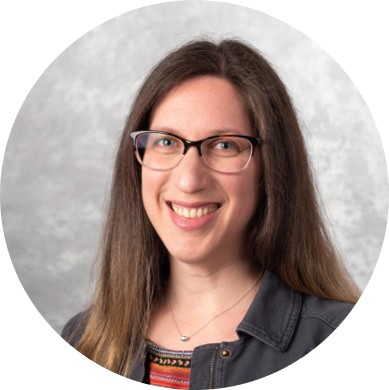
Ilissa Bruser, Bose Corporation
Ilissa is a seasoned product manager with over ten years of experience concepting, developing, and launching successful consumer-facing hardware products. For the last three years she’s worked in Bose Corporation’s corporate incubation function and led the team that devised “Bose AR,” an audio-first approach to delivering in-situ contextual information. And most recently, she is leading the enterprise wearables incubation team, identifying and solving unmet needs in industrial environments with audio-based intelligent solutions. Ilissa started her career as a mechanical engineer in GE’s prestigious Edison Engineering Development Program, working on projects ranging from advanced propulsion to gasification-based power generation. She has a BS from Brown University, an MS from Georgia Tech, and an MBA from the MIT Sloan School of Management. She is also an inventor on five US patents. She is four hours short of earning her private pilot license and is a mom to a rambunctious toddler who unsurprisingly is obsessed with airplanes.
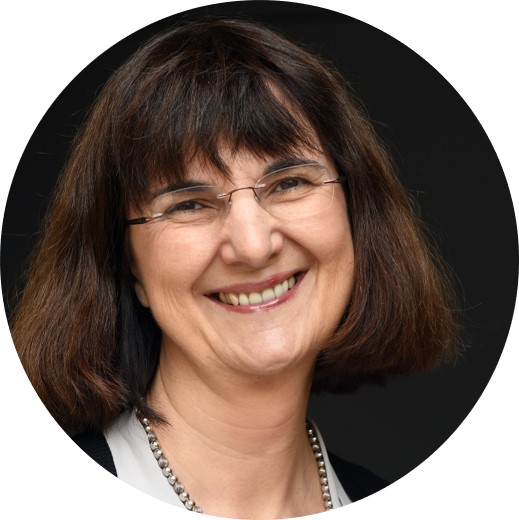
Monica Galizzi, University of Massachusetts Lowell
Monica Galizzi is Chair and Professor in the Department of Economics and a Senior Associate of the Center for Women & Work at the University of Massachusetts Lowell. Her field of specialization is labor economics. She also has interests in the areas of health and behavioral economics. Her research has focused on labor mobility. She has written on the role played by wages, workers’ status, career perspectives and gender in explaining differences in labor market attachment. She has also published on the long-term socio-economic outcomes of injured workers and disabled individuals. Her latest research explores how different regulations affect such outcomes in different countries. She is a member of the National Academy of Social Insurance. She has published numerous monographs and articles in peer-reviewed journals such as the Journal of Labor Economics, Journal of Human Resources, and Health Economics. At UMass Lowell she has been involved (as a PI or co-investigator) in several interdisciplinary projects including some federally funded research grants.

Tom Juravich, UMass Amherst
Tom Juravich is Professor of Labor Studies and Sociology at the University of Massachusetts. Since his dissertation, where he worked as a machine mechanic in a New England factory, his research has focused on work and the labor process. Using ethnographic methods, Juravich has examined issues of worker skill, work processes and new technology in a variety of workplaces and sectors including manufacturing, healthcare and call centers. He consults regularly with unions on a variety of research topics, including new technology. He is one of the principal investigators on the NSF funded project, DIRECT: A Framework for Diagnosis, Recommendation, and Training in Continuous Workforce Development. Juravich edited The Future of Work in Massachusetts, is author of Commonwealth of Toil (both from the University of Massachusetts Press) as well as five other volumes on work and labor.

Deepak Ganesan, UMass Amherst
Deepak Ganesan is a Professor of Computer Science at UMass Amherst. He works at the intersection of health sensing, mobile computing and ultra-low power wireless sensors. He has extensive experience in the use of mobile health sensors including detection and interventions for addictive behavior, design of novel ultra-low power behavioral sensing platforms such as computational eyeglass to measure attention and smart textiles for measuring sleep, and machine learning for wearable health analytics. He is the Director for the Center for Personal Health Monitoring at UMass Amherst, a $40 million center for new health devices, and is one of the thrust leads for the NIH funded MD2K Center for Excellence on Mobile Sensor-to-Knowledge. He is a co-founder of Lumme Inc, which is commercializing some of his work on smoking detection and intervention. He received his PhD from UCLA and his Bachelors from IIT Madras.
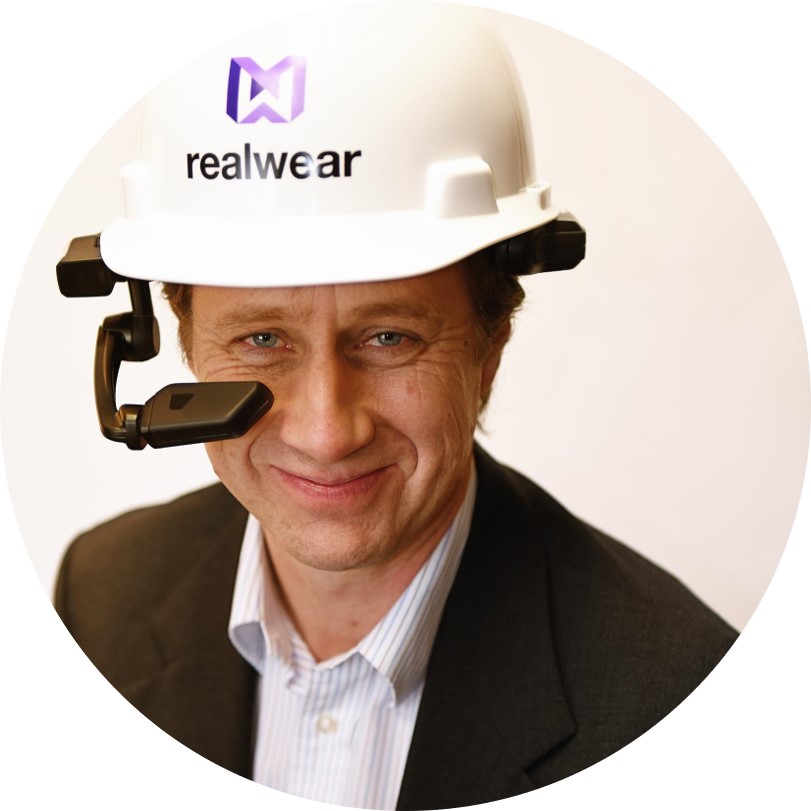
Chris Parkinson, RealWear, Inc
Chris Parkinson is Chief Technology Officer and co-founder of RealWear Inc, where he oversees the design and development of the company’s rugged industrial headsets. Chris has 38 awarded patents in this space, with another 50+ in application. Chris holds a PhD in Molecular Visualization from the University of Manchester, UK, with a minor in sarcasm.

Douglas Maughan, NSF
Dr. Douglas Maughan is the inaugural Office Head for the National Science Foundation (NSF) Convergence Accelerator. NSF has launched the program to accelerate use-inspired convergence research in areas of national importance, and initiate convergence team-building capacity around exploratory, potentially high-risk proposals. The teams are multidisciplinary and leverage partnerships resulting in deliverables that will benefit society within a fixed term. NSF intends to support fundamental research while encouraging rapid advances through partnerships that include multiple stakeholders (e.g., industry, academic, not-for-profits, government entities).
Prior to his appointment at DHS, Dr. Maughan was a Program Manager at the Defense Advanced Research Projects Agency (DARPA). Prior to his appointment at DARPA, Dr. Maughan worked for the National Security Agency (NSA) as a senior computer scientist and led several research teams performing network security research. Dr. Maughan received Bachelor’s Degrees in Computer Science and Applied Statistics from Utah State University, a Masters degree in Computer Science from Johns Hopkins University, and a PhD in Computer Science from the University of Maryland, Baltimore County (UMBC).

Tom Ryden, MassRobotics
Thomas Ryden is the Executive Director of MassRobotics. MassRobotics is a non-profit organization whose mission is to support the robotics community and help grow the next generation of robotics and connected device companies. Prior to joining MassRobotics Mr. Ryden was the founder and CEO/COO of VGo Communications, Inc. While at VGo Mr. Ryden oversaw the development and launch of the VGo telepresence robot. The VGo is used by hospitals, eldercare facilities, schools and other organizations to help people stay better connected, allowing users to essentially be in two places at once. Previously, Mr. Ryden was Director of Sales & Marketing at iRobot Corporation. Under his leadership iRobot secured over $300M in contracts and revenue from its government and industrial products increased from $2M to over $80M annually. In addition Mr. Ryden held roles in program management, overseeing the development of some of iRobot’s most successful products. Mr. Ryden is the co-chairman of the robotics cluster of the Massachusetts Technology Leadership Council and serves on the Mechatronics & Robotics Engineering (MRE) Education Advisory Board, the Tufts University Computer Science Advisory Board, the Worcester Polytechnic Institutes Robotics Engineering Advisory Board and the Robotics Technical Advisory Panel for ASME. He also is an advisor to a number of robotics start-ups. Mr. Ryden has a B.S. in Electrical Engineering from the University of Vermont and an MBA from Bentley University.
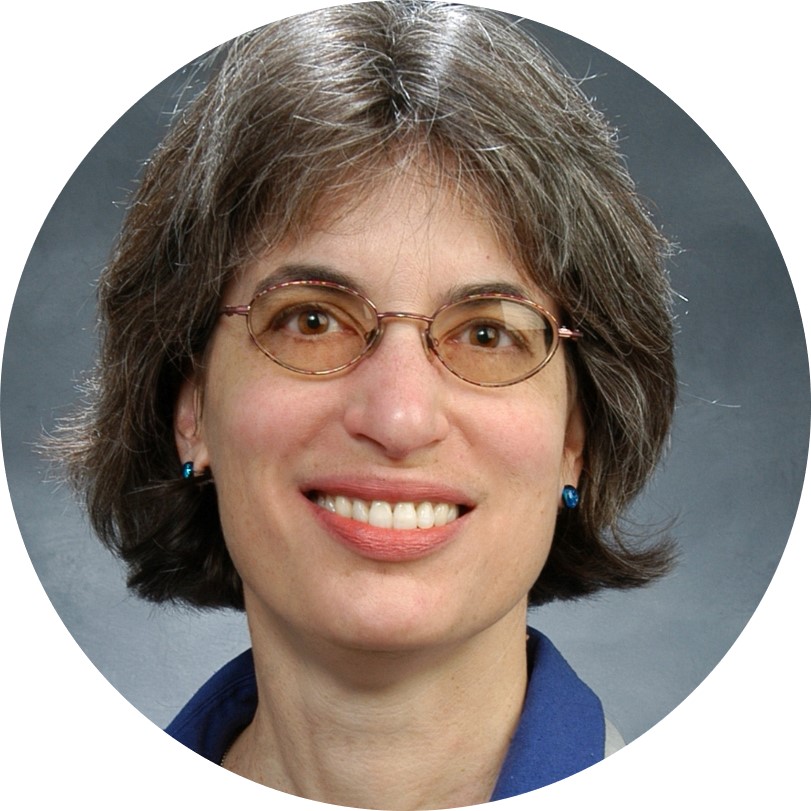
Laura Punnett, UMass Lowell
Laura Punnett is an occupational epidemiologist and ergonomist who studies workplace health and safety. Her research center focuses on design, implementation and evaluation of participatory work-place interventions to address organizational obstacles to worker health and safety, with attention to musculoskeletal and mental health, work schedules and sleep.


